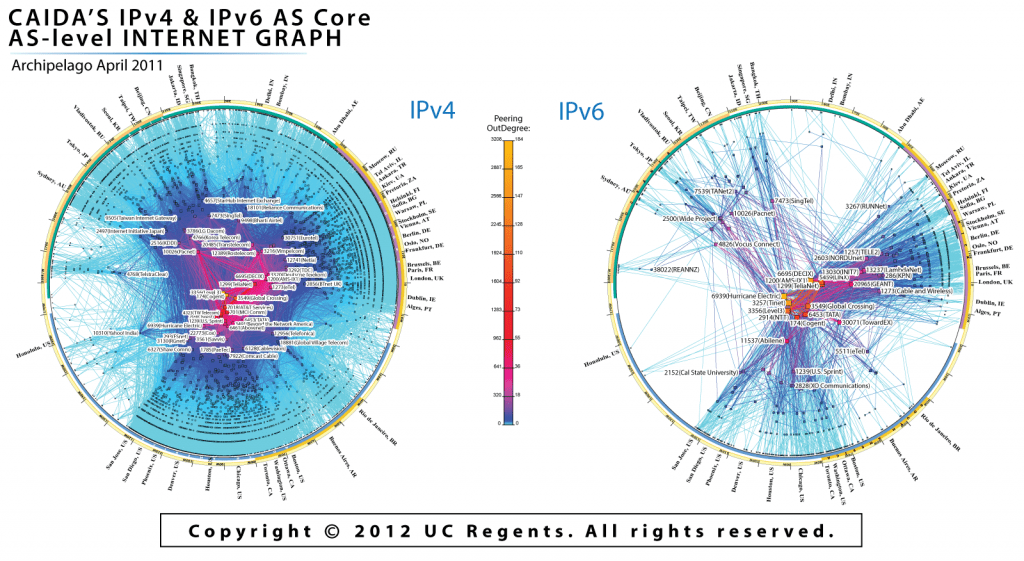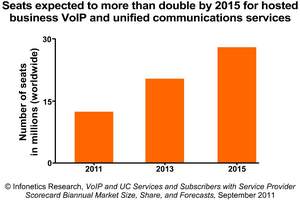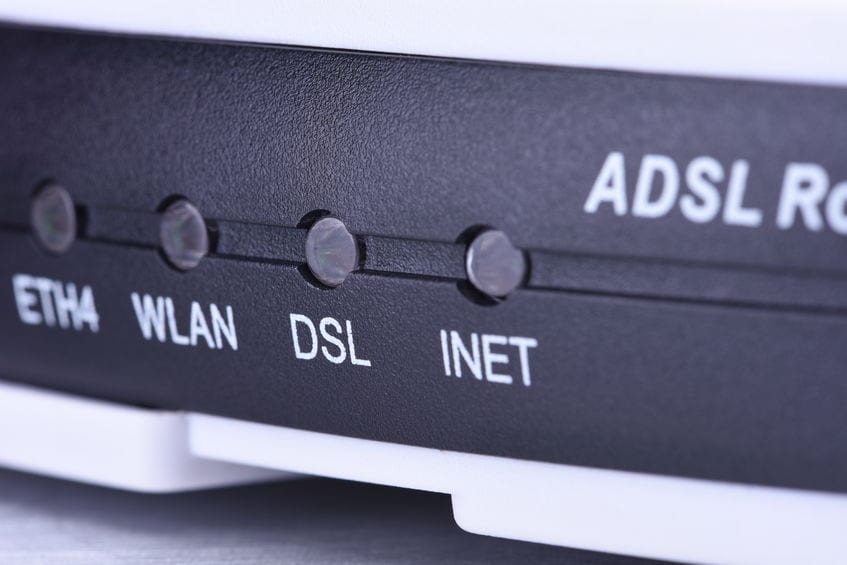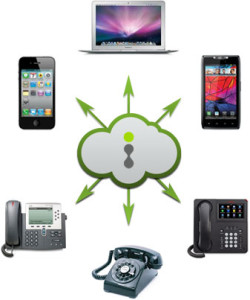Right now we’re starting to see a lot of convergence between mobile devices and desktop telephony equipment. Modern VoIP handsets are starting to stock up on functionality and applications that has, so far, been the sole domain of smartphones. This is true for touchscreens and app-compatible operating systems.
Convergence in Unified Communications
When you take the smartphone dynamics to desktop phones, you will notice an interesting trend.
 Microsoft’s next Windows operating system is going to interact seamlessly with Microsoft’s next generation of mobile OS. In fact, Windows 8’s mobile and desktop/laptop operating systems are doing more than merely “converging”. They will operate closer than just “seamlessly”. Windows for your computer is becoming the exact same OS as Windows for your next smartphone.
Microsoft’s next Windows operating system is going to interact seamlessly with Microsoft’s next generation of mobile OS. In fact, Windows 8’s mobile and desktop/laptop operating systems are doing more than merely “converging”. They will operate closer than just “seamlessly”. Windows for your computer is becoming the exact same OS as Windows for your next smartphone.
Provided, of course, you use a Windows phone for Unified Communications, which very, very, very few people do. But the relatively low popularity of Windows mobile devices needs to be taken alongside the continued popularity of Microsoft operating systems. Especially among the government and enterprise sets of users. Will the next generation of VoIP handsets run Windows 8?
Even if Microsoft went bankrupt next year the company’s decision to utilize the same operating system among desktop and mobile devices is highly telling about their vision of the future of communications technology. They envision the movement towards mobile competition including Apple and Google (owner of the popular Android mobile platform). Over the last year Apple has been steadily aligning their mobile and desktop operating systems by streamlining their desktop environment. Recently they began to establish uniform naming practices across for applications across their devices. Google, meanwhile, has been getting their feet wet in the world of desktop computers, ostensibly in response to the wild success of the company’s mobile efforts. There are presently several SIP handsets that run on Google’s Android.
Read more
 Any talk of the PBX market dying or of even slowing down need to be taken with a heavy grain of salt. We do understand why some people might say the PBX market is down for the count. The market isn’t seeing growth quite as explosive as when the tech went mainstream a couple of years ago, but a recent Infonetics report on the market’s Q2 2012 results makes it very, very clear that the PBX market still has plenty of room to stretch its legs. We’ve been saying for a long time that the next 5-10 years of PBX is going to be really exciting, and this Infonetics report seems to validate those suspicions.
Any talk of the PBX market dying or of even slowing down need to be taken with a heavy grain of salt. We do understand why some people might say the PBX market is down for the count. The market isn’t seeing growth quite as explosive as when the tech went mainstream a couple of years ago, but a recent Infonetics report on the market’s Q2 2012 results makes it very, very clear that the PBX market still has plenty of room to stretch its legs. We’ve been saying for a long time that the next 5-10 years of PBX is going to be really exciting, and this Infonetics report seems to validate those suspicions.



 Making the switch to Voice Over Internet Protocol is a wise move for business owners. The choice is not only cost-effective, with relatively cheaper call rates than the conventional media, but it also has the added advantages of mobility and higher scalability, which are the frosting on the cake. However, you still have to make a choice between DSL and cable Internet. Both DSL and cable modems are good choices, although cable connection is more dependable and DSL is more reasonably priced. For your immediate needs, get in touch with us.
Making the switch to Voice Over Internet Protocol is a wise move for business owners. The choice is not only cost-effective, with relatively cheaper call rates than the conventional media, but it also has the added advantages of mobility and higher scalability, which are the frosting on the cake. However, you still have to make a choice between DSL and cable Internet. Both DSL and cable modems are good choices, although cable connection is more dependable and DSL is more reasonably priced. For your immediate needs, get in touch with us.
 Microsoft’s next Windows operating system is going to interact seamlessly with Microsoft’s next generation of mobile OS. In fact, Windows 8’s mobile and desktop/laptop operating systems are doing more than merely “converging”. They will operate closer than just “seamlessly”. Windows for your computer is becoming the exact same OS as Windows for your next smartphone.
Microsoft’s next Windows operating system is going to interact seamlessly with Microsoft’s next generation of mobile OS. In fact, Windows 8’s mobile and desktop/laptop operating systems are doing more than merely “converging”. They will operate closer than just “seamlessly”. Windows for your computer is becoming the exact same OS as Windows for your next smartphone.